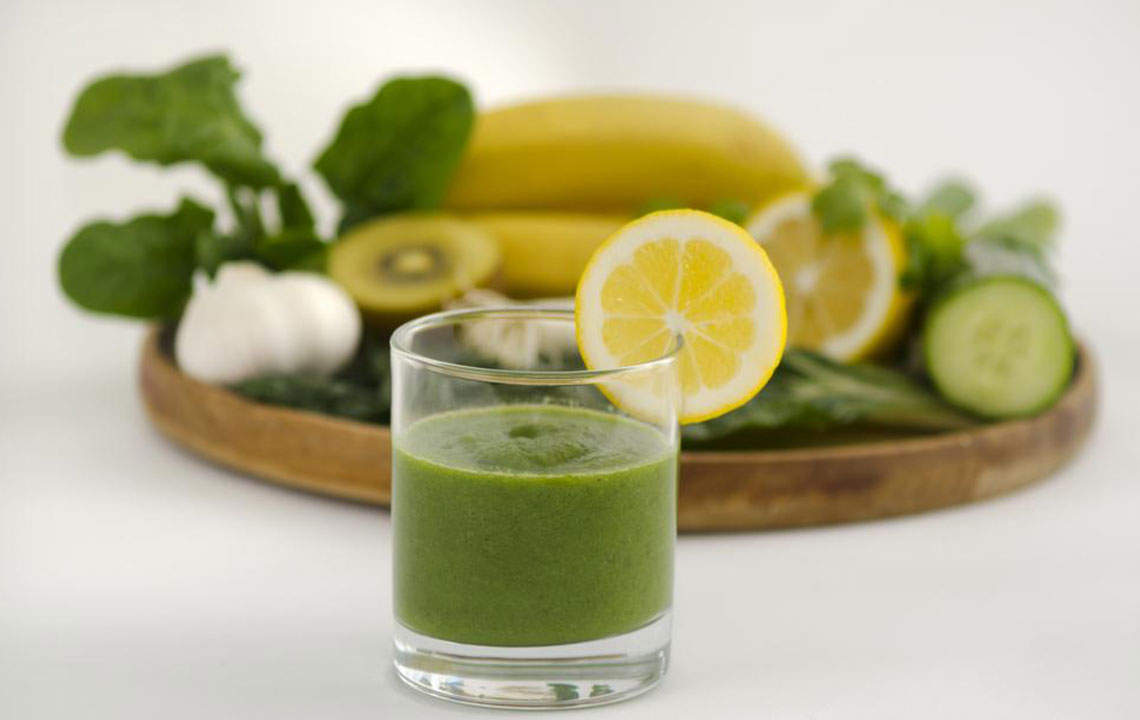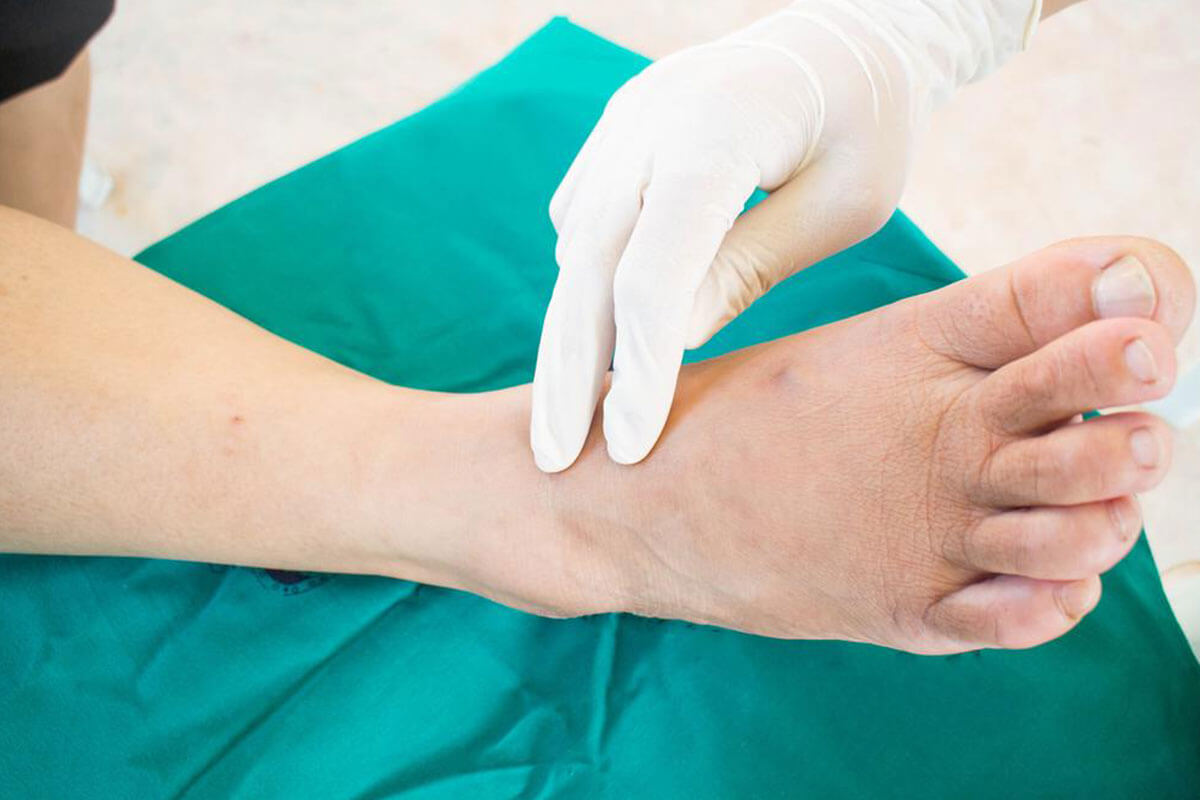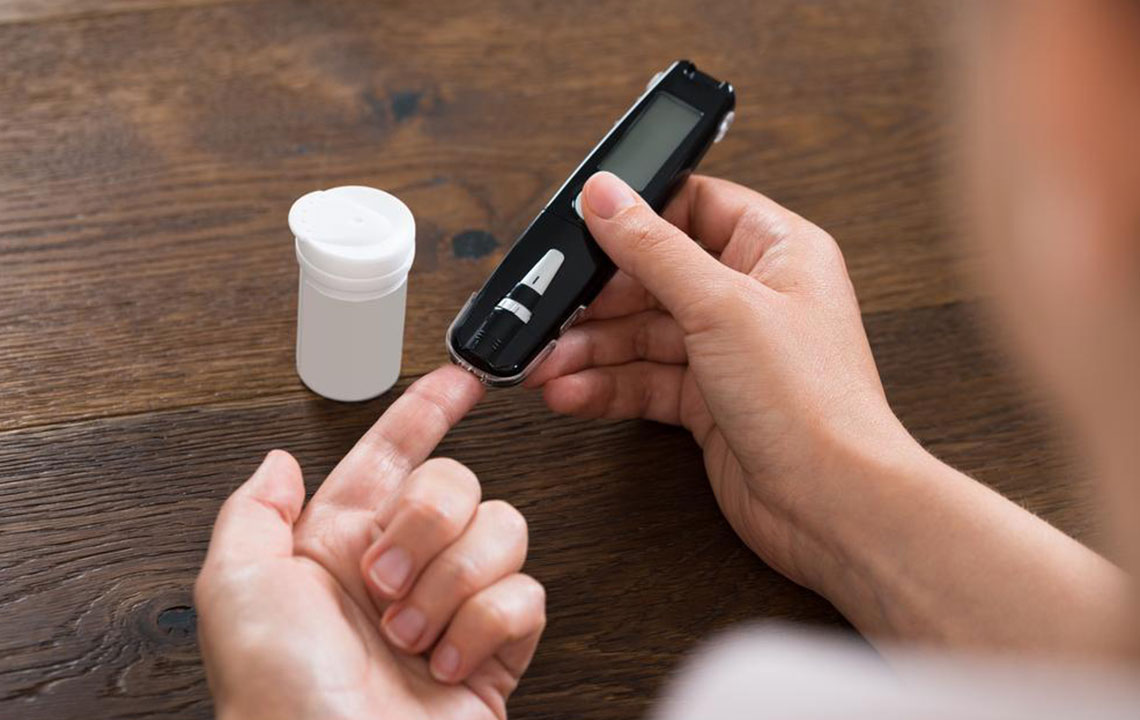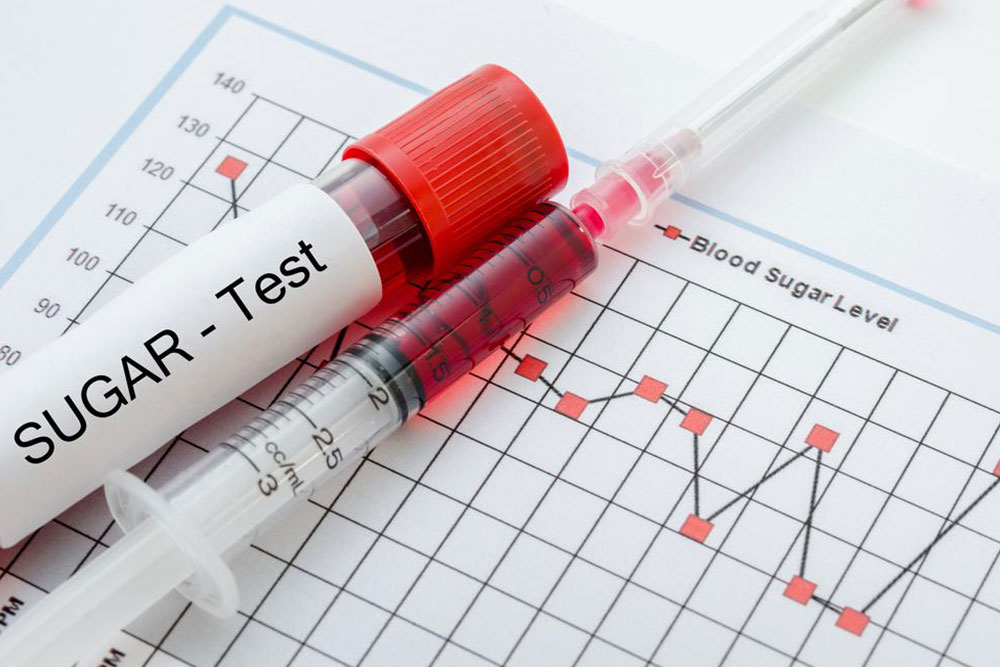Effective Vegan Dietary Strategies for Diabetes Management
Discover how a vegan diet can effectively aid in diabetes management by focusing on plant-based foods rich in healthy fats, fiber, and low glycemic index options. Learn practical meal ideas and essential tips to incorporate this lifestyle safely. Always consult healthcare providers before making dietary changes for diabetes control.

Managing Diabetes with a Plant-Based Diet
Diet plays a crucial role in controlling diabetes. Traditionally, diabetic diets focused on portion control, carbohydrate restriction, and reducing calorie intake. Recent research highlights that adopting a plant-based lifestyle can be more effective in managing blood sugar levels and lowering risks associated with some cancers. Such diets emphasize abstaining from animal products, which are typically low in fiber and complex carbs. Let’s explore what a vegan diet entails and how it benefits diabetics.
The Vegan Diet Approach
A vegan diet consists exclusively of plant-derived foods, including fruits, vegetables, beans, seeds, grains, and cereals. Multiple studies demonstrate that vegan diets offer advantages over omnivorous diets, primarily because they include monounsaturated fats and omega-3 fatty acids essential for heart health and blood sugar regulation.
Here is a sample vegan meal plan suitable for diabetes management:
Breakfast: A glass of soy milk paired with peaches or peanuts. These foods are low glycemic index options that release sugar gradually into your bloodstream. Soy milk provides complete protein and healthy fats beneficial for lowering cholesterol and reducing cardiovascular risks.
Lunch and Dinner: Enjoy bean salads with mixed vegetables, split pea soup, grilled tempeh, or steamed bok choy. Including barley can also be advantageous.
Key points include avoiding red meats, fish, poultry, eggs, and dairy products. Always consult your healthcare professional before initiating any diabetic dietary plan.
Important Notice:
The information provided about symptoms, treatments, and health conditions is for educational purposes only. It should not replace professional medical advice. Always seek guidance from licensed healthcare providers for diagnosis and treatment decisions.










